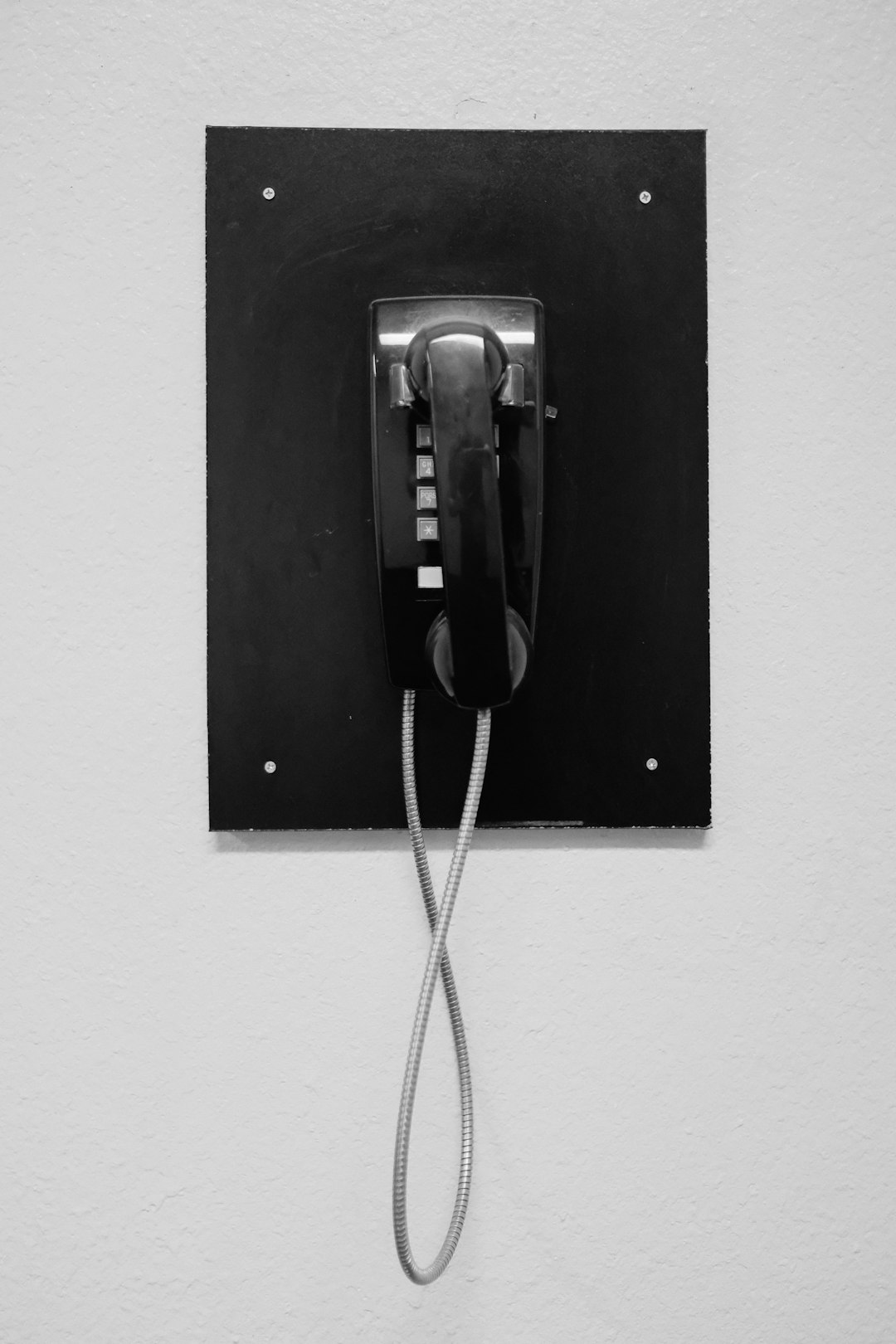New York's Do Not Call laws protect residents from unwanted telemarketing calls, with strict regulations enforced by the Attorney General's Office. Businesses must obtain permits and register with the state to make commercial calls, ensuring compliance to avoid penalties and protect consumer rights. In Queens, these laws include opt-out mechanisms for consumers, with fines up to $500 per violation. Businesses should implement internal policies, employee training, and regular call record audits to maintain compliance and respect customer privacy.
In Queens, NY, understanding and adhering to Do Not Call Laws is crucial for telemarketers to ensure compliance and avoid penalties. New York’s strict regulations aim to protect residents from unwanted calls. This article delves into the legal requirements for telemarketing in Queens, focusing on Do Not Call laws, necessary permits and registration, and potential consequences of non-compliance. By understanding these guidelines, businesses can navigate the rules effectively and respect consumers’ privacy.
Understanding Do Not Call Laws in New York

In New York, like many states across the US, there are stringent Do Not Call laws in place to protect residents from unwanted telemarketing calls. These laws are designed to give consumers control over their phone lines and peace of mind when it comes to unsolicited sales or promotional calls. Under these regulations, businesses are prohibited from making telemarketing calls to New York residents who have registered on the state’s Do Not Call list.
The New York Do Not Call laws are enforced by the Attorney General’s Office, which maintains and updates the list regularly. Residents can register their phone numbers online or via mail, and once registered, they should expect a significant reduction in telemarketing calls. It’s important to note that these laws do not apply to certain types of calls, such as those from non-profit organizations, political campaigns, or if the caller has an established business relationship with the recipient.
Legal Permits and Registration for Telemarketing in Queens

In Queens, NY, like throughout New York state, telemarketing activities are subject to strict regulations, particularly regarding consumer protection and privacy. Businesses engaged in cold calling or solicitations must first obtain the necessary permits and registrations to comply with local and state Do Not Call Laws. The New York State Attorney General’s office plays a pivotal role in enforcing these laws, ensuring that businesses respect consumer rights and refrain from aggressive sales tactics.
Companies looking to conduct telemarketing campaigns in Queens should register with the New York State Department of State, Division of Corporations. This step is crucial for securing legal status and avoiding penalties. Additionally, understanding and adhering to the Do Not Call Laws of New York is paramount. These laws not only dictate when and how businesses can contact consumers but also provide mechanisms for consumers to opt-out or file complaints against telemarketers who violate these rules.
Compliance and Penalties for Violating Telemarketing Regulations

Compliance with telemarketing regulations in Queens, NY, is crucial for businesses to avoid penalties and maintain customer trust. The Do Not Call Laws of New York restrict commercial calls to numbers on the state’s Do Not Call list. Violations can result in fines ranging from $100 to $500 per call, with additional penalties for willful or knowing violations. Businesses must obtain explicit consent from recipients before making telemarketing calls and provide a clear opt-out option during each interaction.
New York’s Attorney General’s office actively enforces these laws, and consumers have the right to file complaints against companies that violate their rights. To ensure compliance, businesses should implement robust internal policies, train employees on Do Not Call regulations, and regularly monitor call records. Adhering to these guidelines not only avoids legal repercussions but also fosters a positive relationship with customers by respecting their privacy and preferences.






